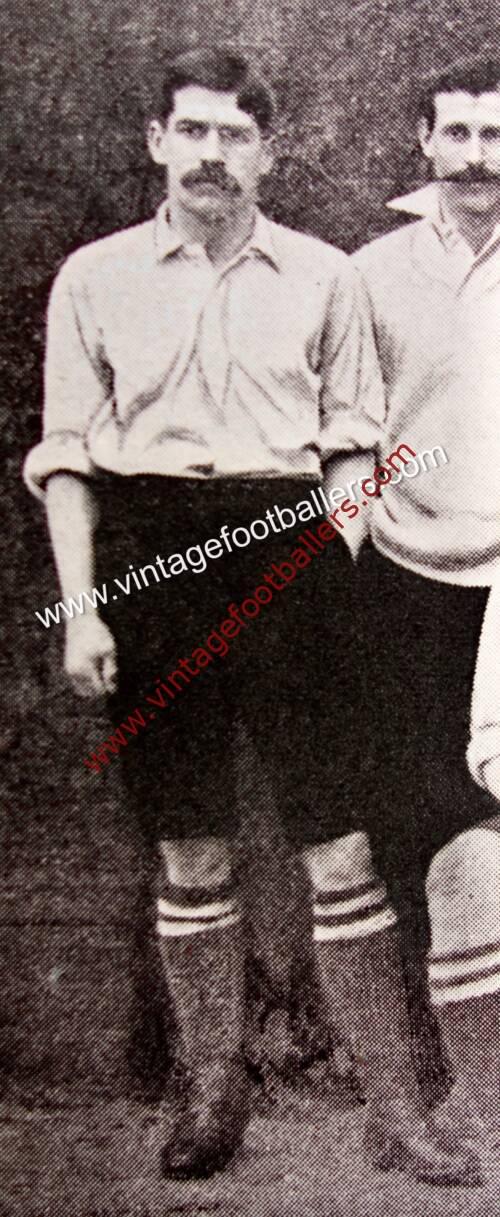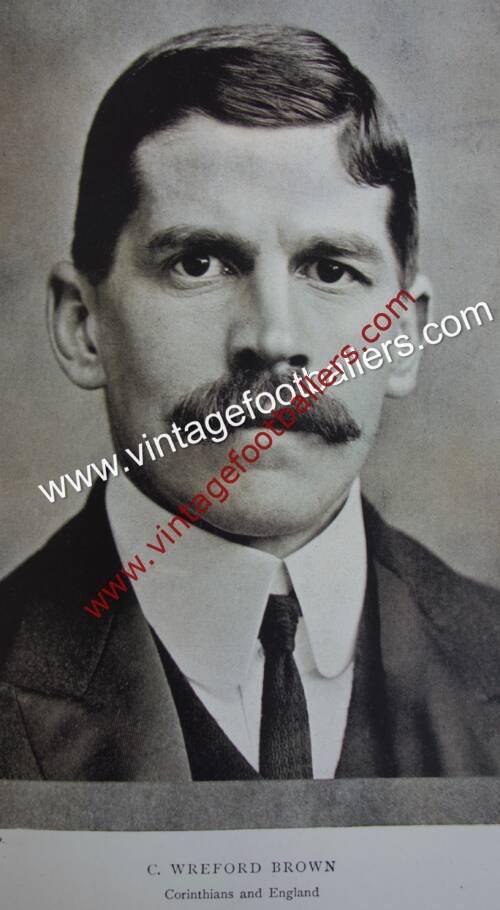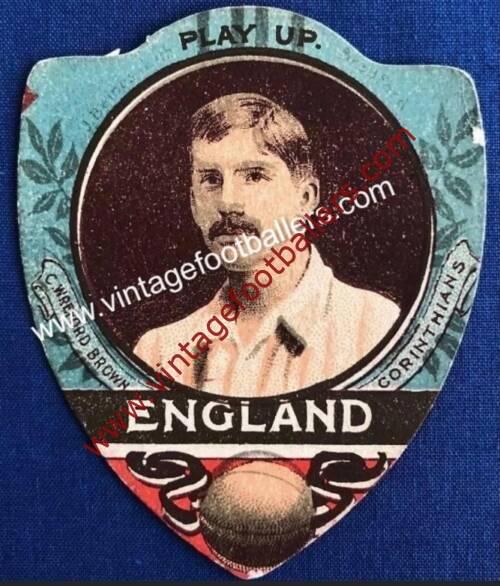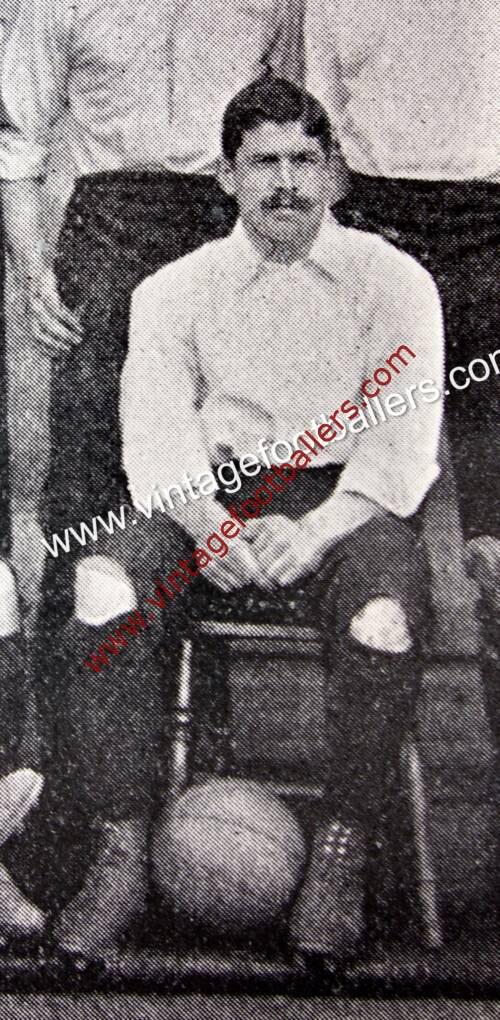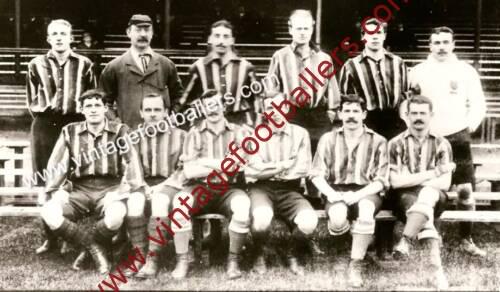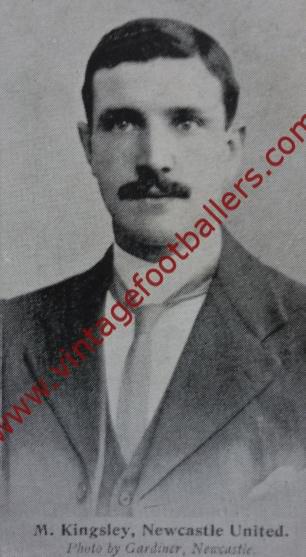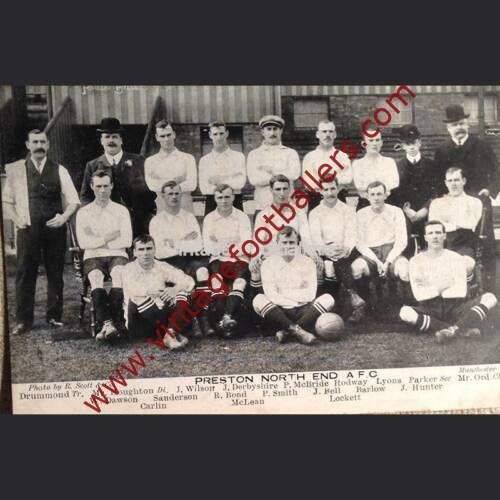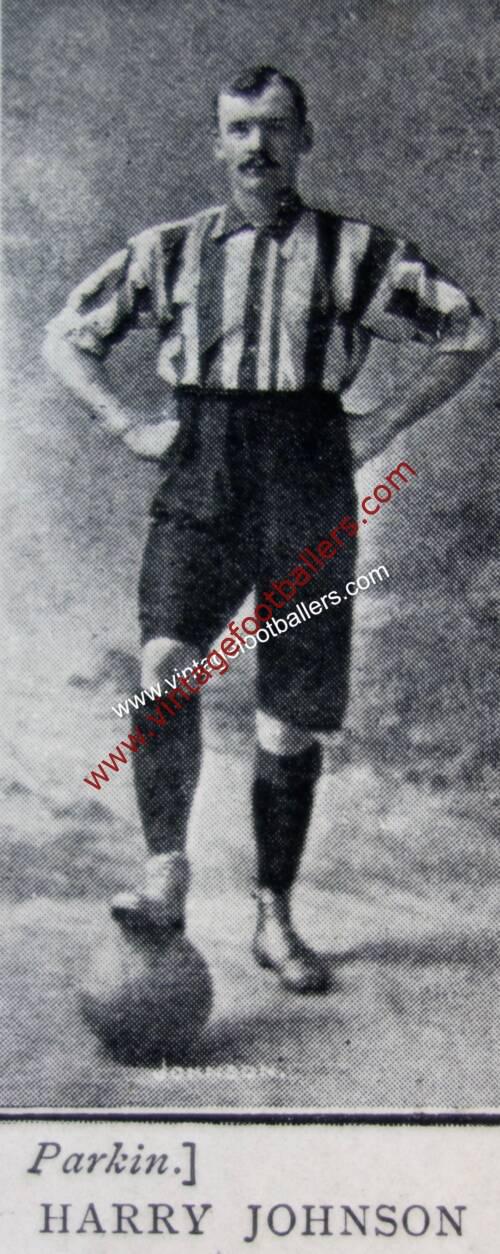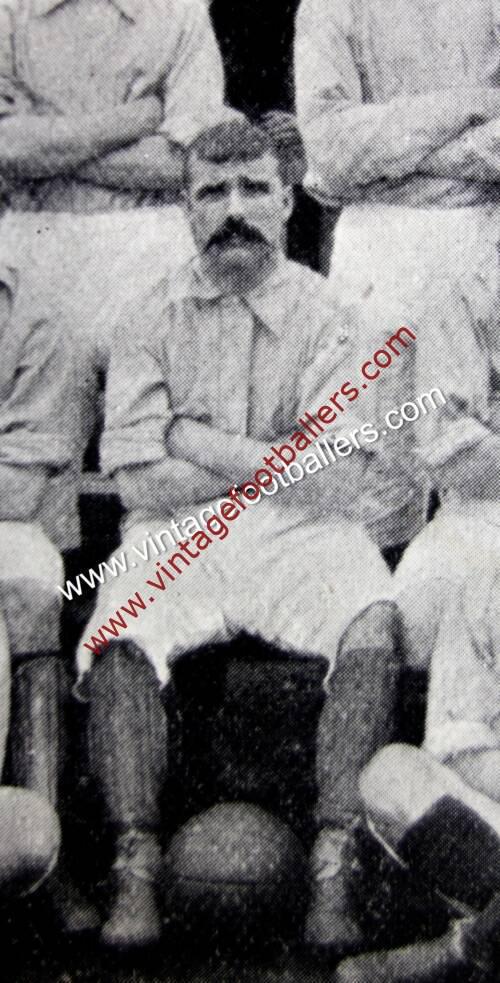Please choose your photo size from the drop down menu below.
If you wish your photo to be framed please select Yes.
Note: 16″x 20″not available in a frame.
Images can also be added to accessories. To order please follow these links
£4.95 – £49.95
Please choose your photo size from the drop down menu below.
If you wish your photo to be framed please select Yes.
Note: 16″x 20″not available in a frame.
Images can also be added to accessories. To order please follow these links
Clifton, Bristol born right or centre half Charlie Wreford-Brown is one of the great late Victorian sporting figures. He went to Charterhouse School before studying at Oriel College, Oxford. Given his privileged economic status at the time of the rise in the popularity of football, Wreford-Brown was one of a select few who were able to play sports for no monetary gain whatsoever.
The educated belief in the purity of a noble athletic spirit untainted by the corrupting influence of money was embodied within the rise of the Corinthians football club who Wreford-Brown played for in the 1890’s. Indeed, in 1906 Wreford-Brown was one of the leading figures in the movement to create the Amateur Football Alliance in London in order to keep the amateur game separate from the Football Association, an organisation that the amateur clubs found to be increasingly driven by the financial gain of the professional clubs.
He was a keen sportsman at Oxford University and played both cricket and football for the University between 1886 and 1889. However it is as a footballer that he is more recognised. He first played as a goalkeeper but played initially as a stop-gap but later as the mainstay centre half for the Old Carthusians (the club for ex-Charterhouse boys) appearing against them in the 1896 London Charity Cup Final. He also played for Clifton Association (the Association which took in Bristol and its environs and with whom he played in the inaugural Gloucestershire Cup, winning The Gloucestershire Senior Cup with them in 1898 in a replay victory over Warmley), as well as The Corinthians.
He captained England twice, first against Wales in a 5-1 win at The Racecourse Ground, Wrexham in March 1894, then in a 1-1 draw at The Recreation Ground, West Kensington in March 1895 (when the team consisted entirely of amateur players). He had won his first England cap in a 6-1 win over Ireland at Anfield in March 1889, and was awarded his fourth and final cap in a 3-1 win over Scotland at Celtic Park in April 1898.
Steve Bloomer, one of the leading “players” (professionals) on the England team, recorded in a memoir that, as captain, the patrician Wreford-Brown on one occasion took to the field with a deep pocket in his shorts filled with gold sovereigns and pressed one of the coins into the hand of each professional goalscorer after the man had netted.
Wreford-Brown was a leading figure for the era’s most prominent football club, The Corinthians. A constant figure throughout the club’s golden era, he played 161 games for The Corinthians, scoring 8 goals. In March 1894, The Corinthians became the only club still to this day, to ever fully represent the England National side, and Charles Wreford-Brown captained the side. He would too, when the extraordinary feat was repeated a year later.
The Corinthians were strict amateurs who believed in fair play and who had the “Corinthian Spirit” named in their honour. They are the team credited with having popularised the sport around the world with many tours and with them, Wreford-Brown travelled to South Africa, The United States, Canada, Sweden & Denmark. A strong defender, Wreford-Brown played in some of the clubs famous victories over professional opponents such as Liverpool, Southampton, Sunderland and Spurs.
He later ran the line in five England internationals between 1925 and 1929.
He was also a foremost football legislator. He was first appointed to the Council of The Football Association to represent the Old Carthusians in 1892 but soon after served as the representative for Oxford University, a position he held until his death some 59 years later. He later became Chairman of the International Selection Committee for England within the Football Association. He was in attendance at the first meeting of the Athenian League on 27 May 1914. He served as a vice-president of The F.A. from 1941 until his death in 1951, under Sir Stanley Rous, Secretary of the Association. They have been credited with guiding the Association toward a more educated position, promoting youth coaching and training.
He also played cricket for Gloucestershire, featuring in 19 first class matches from 1886 to 1898, with a high score of 51. His younger brother, Oswald (who was killed at The Somme during the First World War) and son Anthony would, like him, also play for first class cricket but none were stand-outs with the willow. Another brother, Claude was killed during the First World War fighting in West Flanders in May 1915.
| Weight | N/A |
|---|
